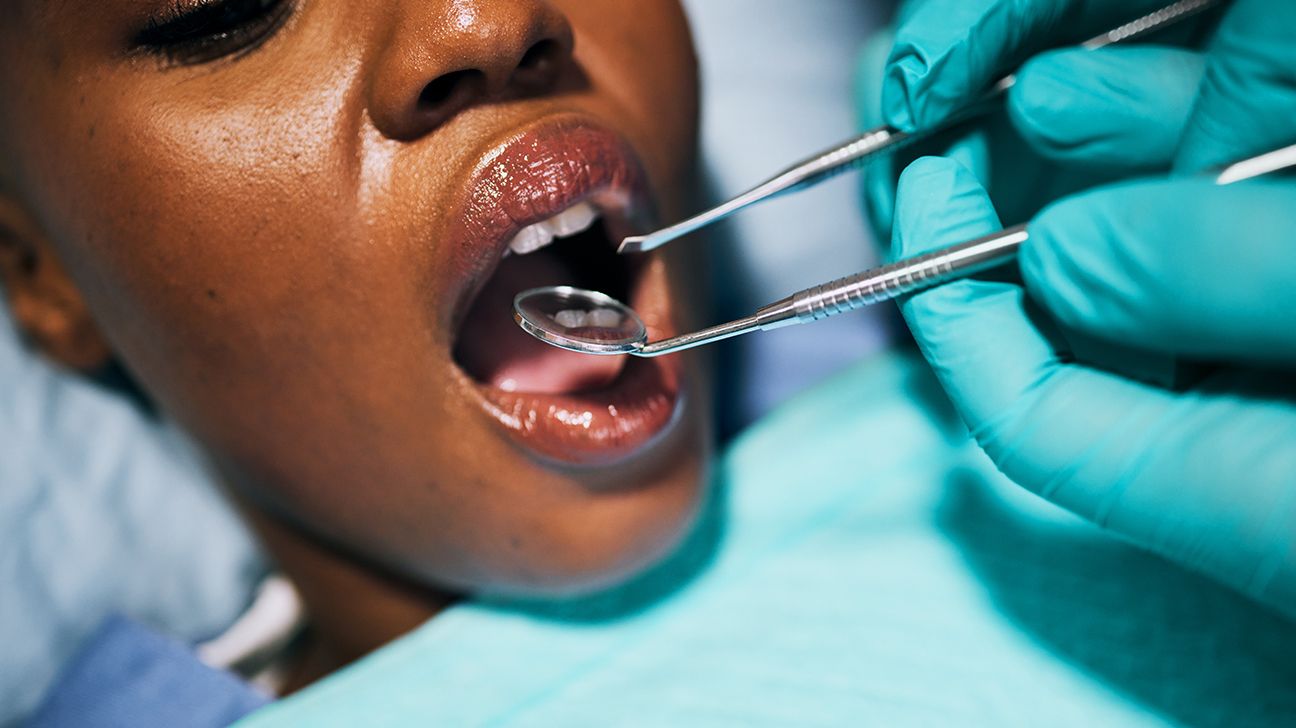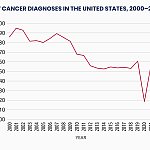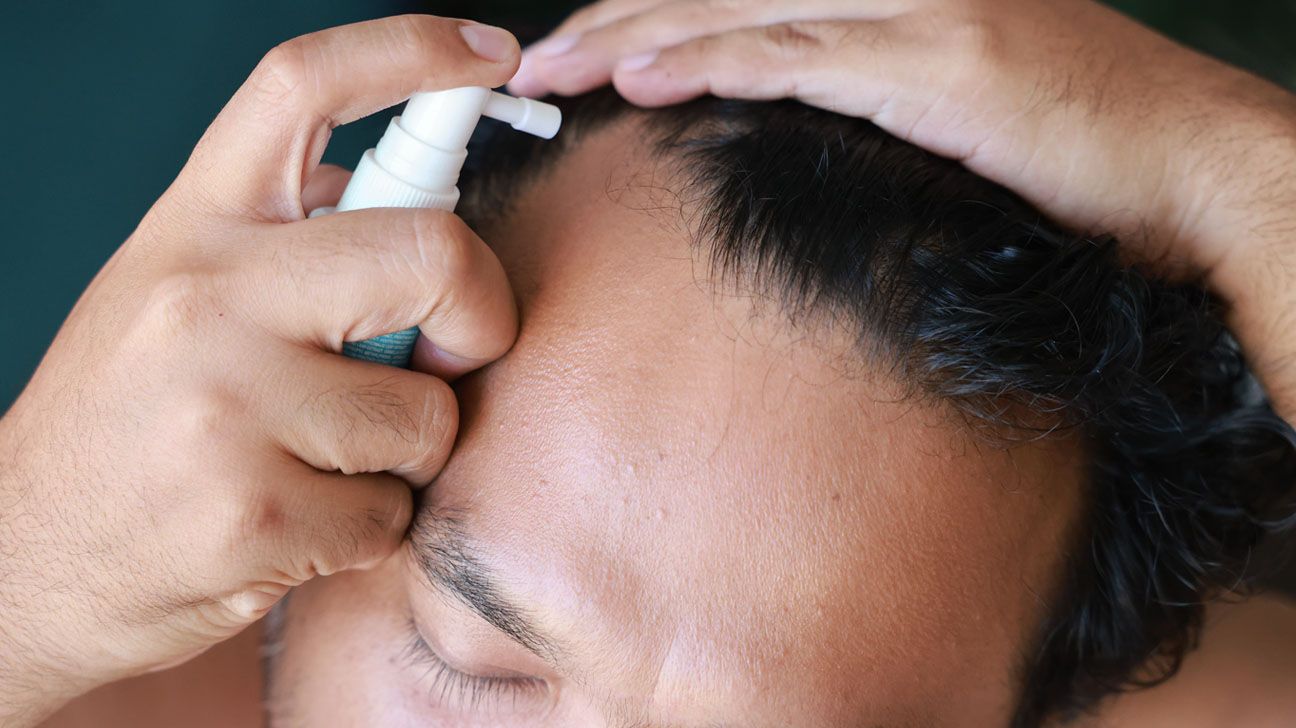
You may have heard of GLP-1 side effect phenomena like “Ozempic face” or “Ozempic butt,” which refer to sunken cheeks or flat derriere following weight loss.
These changes often occur due to rapid fat — and in some cases, muscle — loss, which can leave skin looking more loose and aged, particularly on the face and buttocks.
Recently, many people using GLP-1 medications also report what has been termed “Ozempic teeth.”
According to Catrise Austin, DDS, a cosmetic dentist, author of “Stop Diabetes Today,” and host of the “Let’s Talk Smiles Podcast,” as more people turn to medications like Ozempic and Wegovy (semaglutide) for diabetes and weight loss, dentists are seeing more patients experiencing a range of unexpected oral side effects.
“While not officially labeled as a clinical diagnosis, ‘Ozempic teeth’ is becoming a catch-all phrase describing the sudden onset of dental decay, sensitivity, and even tooth loss in patients on these medications,” Austin told Healthline.
“Ozempic teeth” may also include dry mouth, enamel erosion, inflamed gums, and, in severe cases, cracked or loose teeth, she noted.
“Though anecdotal, these stories have gained traction as more users share alarming dental side effects online and in media reports,” she said.
Of course, Ozempic is not the only GLP-1 drug linked to “Ozempic teeth.” Other GLP-1s may lead to similar side effects.
GLP-1 medications include tirzepatide (Mounjaro, Zepbound), liraglutide (Saxenda, Victoza), dulaglutide (Trulicity), and exenatide (Byetta, Bydureon BCise).
Austin cited several mechanisms as likely culprits for Ozempic-related tooth issues.
“Reduced salivary flow is one of the most common complaints I hear from patients on GLP-1 medications,” she said. “Saliva is essential for neutralizing acids and protecting enamel. When it’s diminished, the risk of decay and gum disease rises sharply.”
If you have dry mouth, you may feel thirsty, have trouble swallowing, feel like your mouth is sticky, or have dry, cracked lips.
Austin noted that clinical data reported by the Food and Drug Administration (FDA) show that nausea occurs in 16% to 20% of patients who use Ozempic. Additionally, 5–9% have vomiting.
“Repeated exposure to stomach acid can erode tooth enamel and increase sensitivity,” she explained.
“Some patients experience appetite suppression to the point of nutrient deficiency, which can affect gum health and healing,” said Austin.
Vitamin C, vitamin D, and B complex are just a few of the many vitamins that play a crucial role in gum health.
Austin additionally observed that some may neglect regular brushing and flossing while they are feeling unwell, which can lead to accelerated tooth decay.
For maximum benefit, you’ll also want to floss before you brush.
Ehsan Ali, MD, the “Beverly Hills Concierge Doctor” and board certified internal and geriatric medicine specialist, echoed Austin’s remarks about GLP-1-related tooth and gum problems. He added that it’s more than just your teeth that may be at stake.
“[Dental] health is tied to overall health,” he told Healthline. “Poor oral hygiene can increase your risk for infections, inflammation, and even heart disease over time.”
However, there are a few easy things you can do to protect yourself.
“First, hydration is key,” said Ali. “Drink lots of water throughout the day to keep your mouth from getting dry.”
You can also try using a mouth rinse that promotes saliva production or chewing sugar-free gum to help keep your mouth moist.
Ali also recommended avoiding skipping meals, even though you may not be feeling hungry.
“Nutrients like calcium and vitamin D are important for oral health,” he said. So, it’s essential to continue to eat a healthy, balanced diet and not restrict your caloric intake too severely.
For most people, a healthy calorie deficit is around 300–500 calories per day.
Also, remember to brush and floss regularly and avoid acidic or sugary snacks, which can wear down tooth enamel, said Ali.
“If you’ve been vomiting, rinse your mouth out with water and baking soda before brushing, as this helps neutralize stomach acid,” he advised.
Austin further suggested avoiding alcohol, tobacco, and caffeine, which can all worsen dry mouth.
As GLP-1 medications like Ozempic, Wegovy, and Mounjaro continue to rise in popularity for diabetes management and weight loss, it’s important to be aware of the potential oral health complications that may come with them.
While “Ozempic teeth” isn’t a formal diagnosis, the growing number of reports about dry mouth, enamel erosion, and even tooth loss point to a real concern for many patients.
Simple steps can help protect your smile, including staying hydrated, maintaining consistent oral hygiene, eating a nutrient-rich diet, and using saliva-supporting products.
It’s also crucial to speak with your healthcare team if you experience persistent nausea or vomiting or notice any dental changes.
“If you’re noticing new sensitivity, bleeding gums, bad breath that won’t go away, or any sudden changes like loose teeth or breakage, it’s time to call your dentist,” said Ali.
If you are frequently experiencing nausea or vomiting, he said it’s also a good idea to speak with the doctor managing your weight loss.
“[They] may need to adjust your dose or add something to help protect your stomach,” he said.
“The earlier we catch it, the easier it is to manage — and ideally, prevent permanent damage,” Ali said.
The bottom line? These medications can offer powerful health benefits, but being proactive about side effects ensures they don’t come at the cost of your teeth.
As always, prevention and early intervention are key to keeping your oral health on track.





